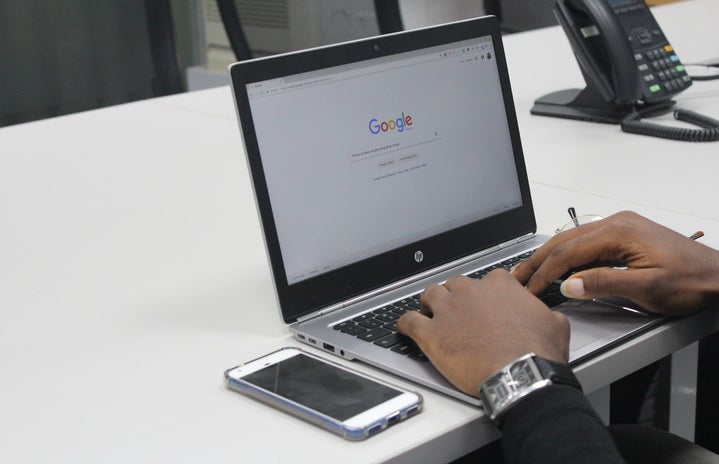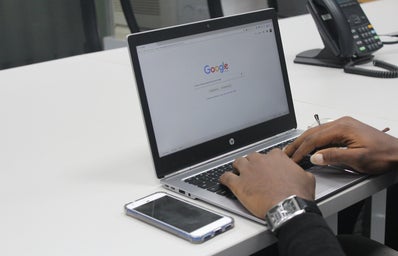The term ‘cancelling’ has taken on a new meaning in recent years. A word once reserved for dentist appointments or credit cards, it now serves as a subconscious warning before someone says something openly or hits ‘post’ on their social media platforms.
Cancelling typically refers to someone, often well known in the public eye, losing their reputation or credibility after remarks or comments they make generate controversy.
In some instances, outcries against certain celebrities are justified. The temporary demonetising of beauty guru James Charles’ YouTube channel last week follows claims that the 21-year-old engaged in inappropriate conversations with minors over private messages. It’s hard to imagine this move having a profound impact on Charles’ behaviour in the long run, however, as YouTube could go back on this decision overnight in favour of profiting off Charles’ content.
The reality is that cancel culture does not adequately hold power to account in the way its supporters claim it does. The storm subsides and celebrities carry on with their affluent lives with no long-term disruption.
Liam Neeson shocked the world in 2019 after confessing in an interview that he had wanted to kill a black man many years previously. The Irish actor admitted that he had walked around predominantly black areas carrying a heavy stick in the hope that he would be approached and could carry out an attack. His anger originated from the alleged rape of a female friend of Neeson’s by a black man.
This bizarre and unsettling revelation generated a lot of discussion, but ultimately had little impact on Neeson’s reputation. The Taken star apologised a month later for his comments, acknowledging the hurt he had caused to the black community. His career since the incident has continued; landing leading roles in films The Marksman and soon to be released The Ice Road in this year alone.
Cancel culture does not hold the same meaning for celebrities or those in privileged positions. Fame is a crutch that helps alleviate a fall from grace. The true victims of cancel culture are instead ordinary people who fall foul of a system that is at times unnecessarily harsh.
The case of Marlon Anderson, an African American security guard in the US, shows this unyielding attitude in action. Anderson lost his job as a guard in a high school after a student used a racial slur towards him. Anderson repeated the slur back to the student, asking him not to use that word, and was fired as a result of the school’s zero tolerance policy regarding the term.
The principal later stated in communication to parents that the context of the issue did not matter. Anderson eventually took to social media to complain about his dismissal, resulting in a media storm. The anger at the school’s response to the incident led to his eventual rehiring, but not without serious stress being put upon Anderson and family, who were dependent on his income from the job.
Discussions on the perils of cancel culture too often revolve around powerful people who have income and prestige to fall back on, while it continues to pose a real threat to those who may lack Anderson’s initiative to speak out, thinking- with fair enough reason- that they may ultimately make things even worse for themselves.
One of the few positive impacts of the unfortunate trend is that it can encourage a dialogue amongst a wide audience. For the most part however, cancel culture is a prime example of double standards at work.
Celebrities have a distinct advantage when it comes to shrugging off claims about their behaviour. Their mistakes get buried by their successes. People living a routine life are not awarded the same luxury.



